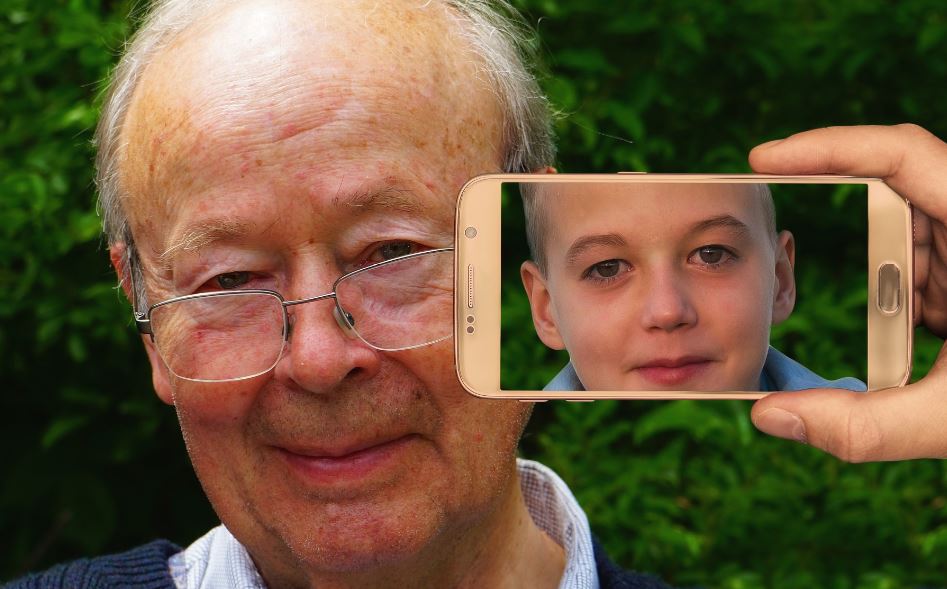
Men aged 65 and over should monitor their sleep patterns and seek medical advice after Flinders University experts warned that disrupted slumber may lead to variations and general decline in key cognitive functions.
In a new article published in the Journal of Sleep Research, the Adelaide Institute for Sleep Health research group studied a group of 477 older men's attention impairment and processing speed after disrupted sleep.
The participants from the Florey Adelaide Male Ageing Study undertook cognitive testing after successful home‐based polysomnography.
"Less deep sleep and more light sleep is related to slower responses in cognitive function," says lead author Jesse Parker.
"While obstructive sleep apnoea itself is not related to cognitive function in older and younger men, we note that people aged 65 and older more frequently have disrupted sleep."
Lead author of the study, Associate Professor Andrew Vakulin, says day-to-day activities such as driving and motivation for important physical activities such as gardening and walking can be affected by the encroachment of poor sleep.
"This can be exacerbated by sleep apnoea, which is a common sleep-related breathing disorder, which may be under-diagnosed and lead to daytime cognitive dysfunction including memory and attention impairment," he says.
"Further longitudinal investigation is needed to connect sleep apnoea with general 'microarchitectural' changes in older people's sleep patterns.
"However, advice from a GP or referral to sleep experts is recommended with both conditions if they are causing concern to individuals."
The article, Sleep macroarchitecture but not obstructive sleep apnea is independently associated with cognitive function in only older men of a population-based cohort (2021) by JL Parker SL Appleton YA Melaku D Stevens GA Wittert S Martin, RJ Adams and A Vakulin has been published in the Journal of Sleep Research DOI: 10.1111/jsr.13370






